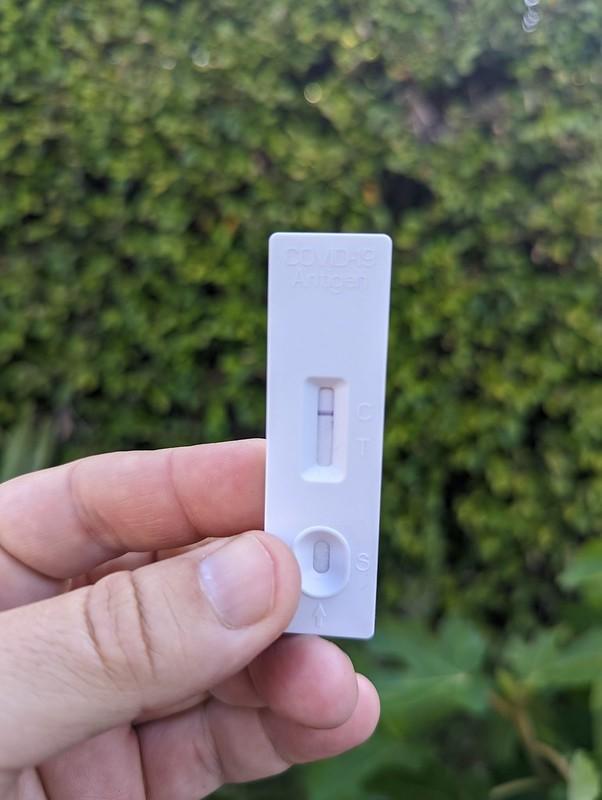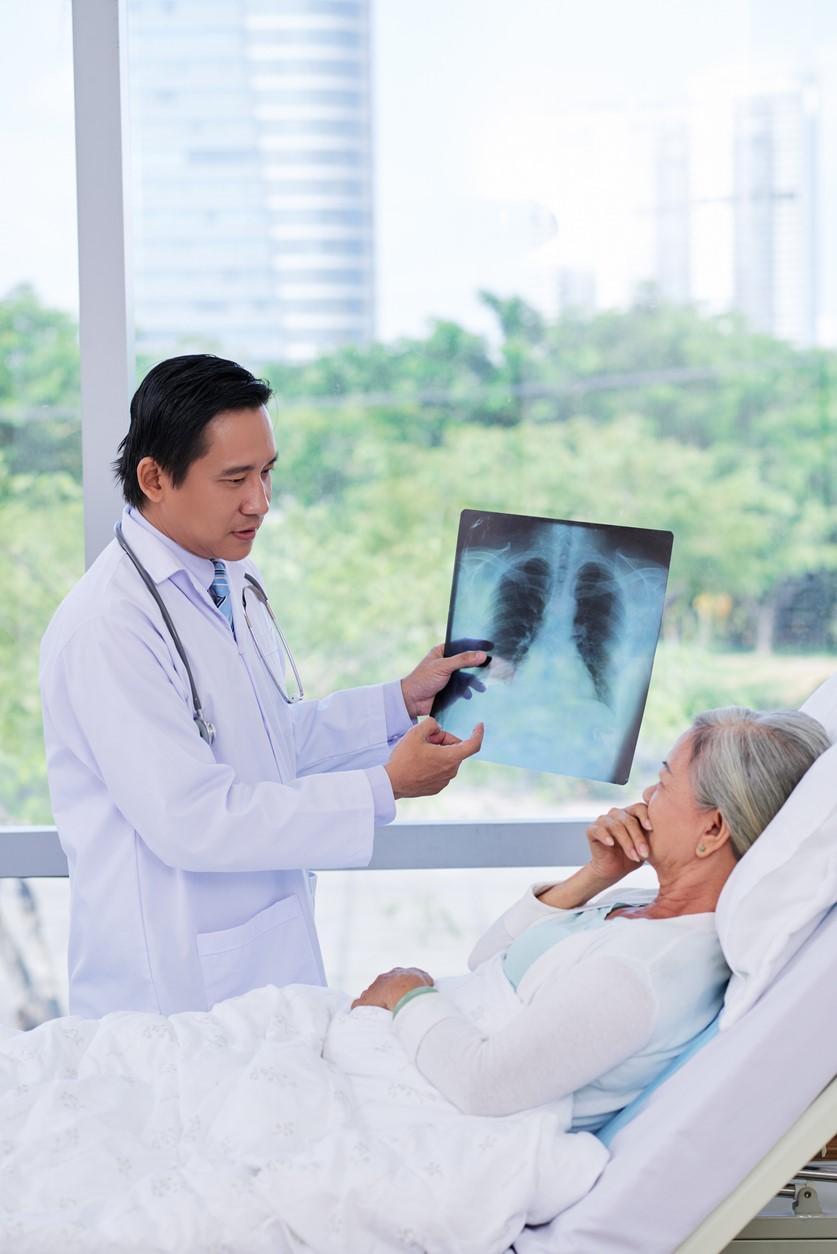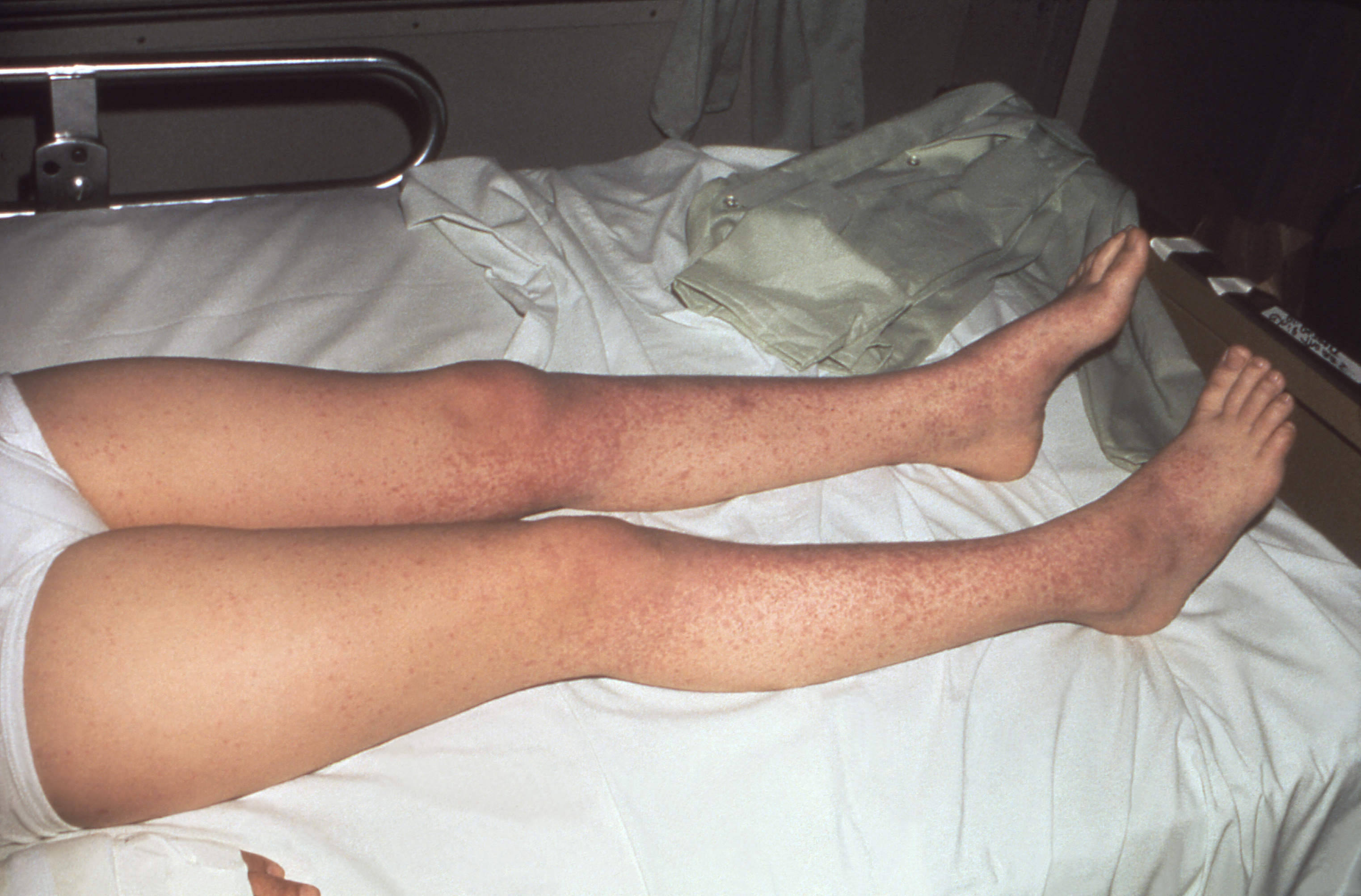New real-world data being presented at this year's European Congress of Clinical Microbiology and Infectious Diseases (ECCMID) conference shows that people living with multiple sclerosis (MS) face a much higher risk of being hospitalized and dying from COVID-19 than the general population, in part due to B-cell depletion therapies that can cause poor responses to vaccination.
The findings are based on nearly 12 million people aged 12 years and older in England analyzed as part of the INFORM study, which looked at outcomes among immunocompromised people compared with the general population during the Omicron wave. Among the 12 million were 16,350 (0.1%) people with MS, 12,905 of whom (78.9%) had been fully vaccinated with at least three doses of a COVID-19 vaccine by January 1, 2022.
In the MS group there were 215 COVID-19 hospitalizations and 25 COVID-19 deaths, resulting in incidence rates of 1.28 and 0.14 per 100 person-years, respectively. In the general population, the rates of hospitalization and death was 0.24 and 0.06 per 100 person-years, respectively.
Quadruple the risk of death
"Having multiple sclerosis in itself doesn't increase the risk of getting COVID-19, rather it's the taking of immune modifying medicine such as B-cell depletion therapies that can reduce the effectiveness of vaccines by preventing the immune system from mounting a robust protective response," said lead author Jennifer Quint, PhD, from Imperial College London in an ECCMID press release.
It's the taking of immune modifying medicine such as B-cell depletion therapies that can reduce the effectiveness of vaccines
In analyses that adjusted for age and sex, MS was associated with a seven-times-greater risk of COVID-19 hospitalization and fourfold increased risk of dying from COVID-19 compared to the general population, the authors said.
"With new variants constantly emerging, people living with MS should be considered an important high-risk group for COVID-19 hospitalisation and death for which additional preventive measures and multi-layered public health protections are urgently needed," Quint said.












